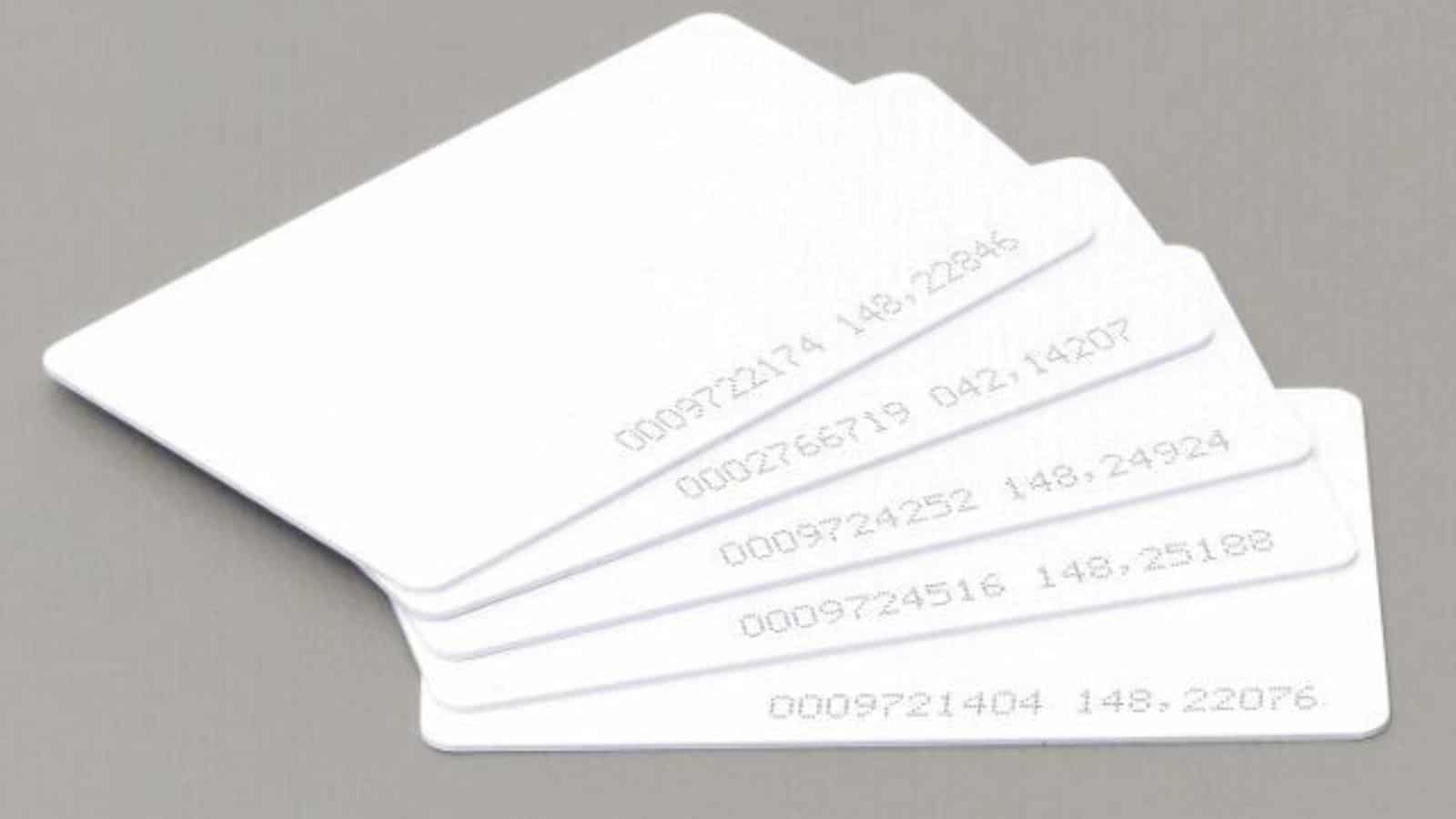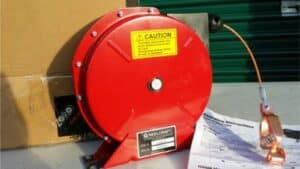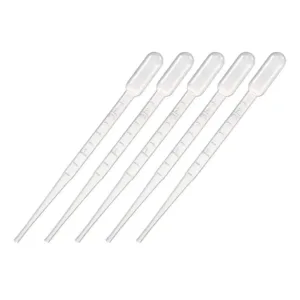How White Numbered RFID Cards Enhance Identification and Security
How White Numbered RFID Cards Enhance Identification and Security: In today’s digitally driven world, maintaining robust identification and access control systems is crucial for businesses operating across various industries. At AskA Solution, a leading provider of industrial solutions in Saudi Arabia, white numbered RFID cards have emerged as a vital component in enhancing both security and operational efficiency. Whether managing a high-security industrial plant, a corporate office, or a restricted commercial facility, RFID (Radio Frequency Identification) technology brings unmatched convenience and control.
This blog explores how white numbered RFID cards contribute to improving identification and security processes at AskA Solution and how they support organizations in Saudi Arabia in meeting modern access control requirements.
Understanding RFID Technology: A Brief Overview
RFID (Radio Frequency Identification) is a wireless communication technology that uses radio waves to identify and track objects, assets, or people automatically. RFID systems consist of two main components:
- RFID Tags/Cards – contain a unique identifier and are attached to people or objects.
- RFID Readers – capture the data transmitted by the tags and send it to a management system.
RFID cards are typically passive (no battery), drawing energy from the reader’s signal to transmit their data. The white numbered RFID cards used by AskA Solution are designed for compatibility, durability, and high reliability.
Read Also: A Complete Review of the Werther Silent Air Compressor
What Are White Numbered RFID Cards?
White numbered RFID cards are blank white cards embedded with a unique RFID chip and printed with a visible serial number. The serial number serves as a visual identifier, which is helpful in environments that use both manual and electronic verification processes. These cards can be used for:
- Access control
- Employee identification
- Visitor management
- Time and attendance systems
- Asset tracking

Why AskA Solution Uses White Numbered RFID Cards in Saudi Arabia
1. Enhanced Security and Access Control
Security is a top priority for AskA Solution, especially when servicing high-risk industrial environments. RFID cards provide controlled and traceable access to sensitive areas within a facility. This level of control significantly reduces the risk of unauthorized entry or internal breaches.
The visible numbering adds an extra layer of manual verification, enabling security teams to cross-check RFID access logs with physical identifiers.
2. Efficient Identification of Staff and Visitors
At AskA Solution, RFID cards help streamline the identification process for both employees and visitors. The unique identifiers embedded in each card make it easy to distinguish and track individuals in real time.
This not only supports internal security but also improves visitor experience by reducing waiting times and manual registration processes.
3. Improved Time and Attendance Management
Accurately tracking employee hours is essential for payroll and operational oversight. RFID cards provide a non-intrusive and reliable way for employees to clock in and out of work.
AskA Solution utilizes this data for:
- Attendance tracking
- Shift management
- Overtime calculation
- Productivity analysis
These insights help HR departments make informed decisions while maintaining employee accountability.
4. Durability in Harsh Industrial Environments
In Saudi Arabia’s industrial sectors—ranging from oil and gas to manufacturing and logistics—rugged and long-lasting ID solutions are a necessity. White numbered RFID cards are resistant to dust, moisture, and wear and tear, making them ideal for tough working conditions.
AskA Solution chooses RFID cards that are:
- Scratch-resistant
- Waterproof
- Operable under extreme temperatures
This ensures that the cards function reliably over time without frequent replacement, thereby reducing costs.
5. Seamless Integration With Existing Security Systems
One of the major advantages of RFID technology is its compatibility with a wide range of existing systems. AskA Solution integrates RFID cards with:
- Biometric access control systems
- CCTV surveillance
- Alarm systems
- Fire safety mechanisms
This creates a multi-layered security infrastructure that not only prevents unauthorized access but also allows for real-time monitoring and rapid incident response.
6. Scalability and Customization
As AskA Solution continues to expand its services across the Kingdom of Saudi Arabia, the need for scalable solutions becomes essential. White numbered RFID cards offer the flexibility to:
- Add new users quickly
- Reprogram existing cards for new permissions
- Integrate with enterprise-level identity management systems

7. Compliance With Saudi Arabian Safety Standards
The Saudi government mandates strict security and identification protocols in many industries, especially those dealing with energy, infrastructure, and government contracts. Using RFID cards with traceable, unique IDs helps AskA Solution clients meet compliance requirements such as:
- Access logs for auditing
- Incident tracking
- Secure identification of contractors and third-party personnel
These systems align with both local and international standards for occupational safety and data privacy.
Use Cases in Saudi Arabia: Where AskA Solution Applies RFID
AskA Solution deploys white numbered RFID cards across a variety of industries and projects throughout the Kingdom:
| Industry | Application |
|---|---|
| Oil & Gas | Worker access control in restricted refinery zones |
| Construction | Site access for subcontractors and temporary workers |
| Healthcare | Medical staff ID and pharmacy access |
| Education | Student and staff attendance tracking |
| Warehousing | Asset tracking and inventory control |
Final Thoughts
White numbered RFID cards have transformed how AskA Solution approaches identification and security across Saudi Arabia. From enhancing operational efficiency to strengthening facility safety, RFID technology provides a scalable, secure, and smart solution for organizations in today’s fast-evolving industrial landscape.










Add comment
You must be logged in to post a comment.